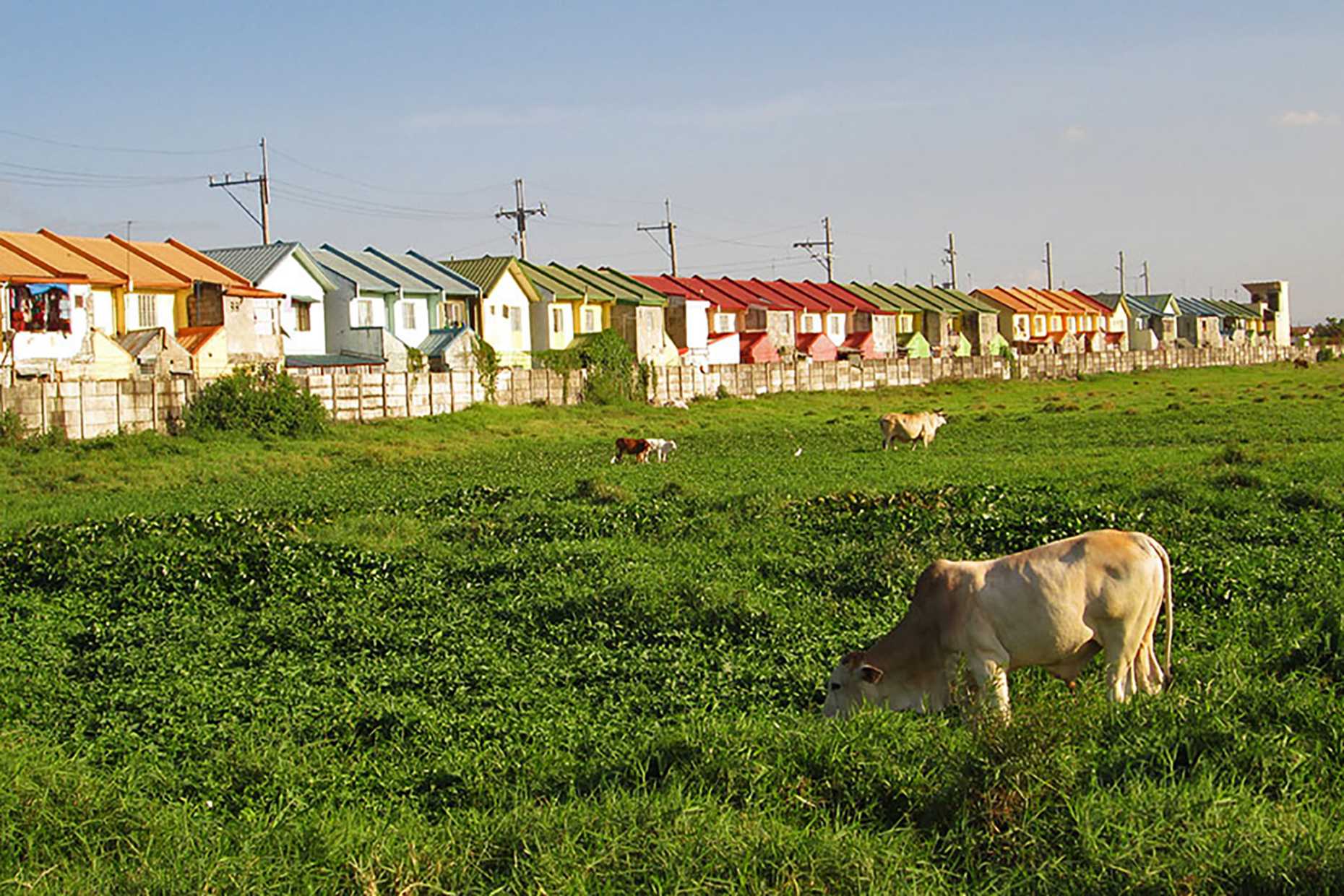FCL Global - beyond Switzerland and Singapore
The FCL Global team from ETH Zurich articulates the global vision beyond its hubs in Zurich and Singapore and explains how its research is geared towards global challenges.

In a conversation between Prof. Sacha Menz, director of FCL Global's Zurich hub and Dr Matthew Skjonsberg, associate director of FCL Global's Zurich hub, they discuss the programme’s philosophy and attitude – urban and rural, nature and culture, design and engineering, people and politics.
Likening the interconnectedness of urban systems to the river system or the human body, they describe how FCL Global is addressing the globally significant challenges of expanding urbanisation and making city-regions more sustainable by improving the understanding of the relationship between the city and its surrounding region.
Taking a holistic approach, FCL Global combines qualitative and quantitative challenges, big and small scales, general and specialized views involving many research disciplines, traditions, and interests, together with social needs. Geographically, FCL Global is looking beyond its two hubs in Zurich and Singapore.
In Thinking Future Systems and a series of essays published in ETH Zurich's Network City and Landscape (NSL) newsletter, the global nature of FCL Global is exemplified through two examples.
The Resilient Blue-Green Infrastructures module will develop designs for integrated urban growth with flood management and food production for the agro-urban flood-food landscape for Antananarivo, the capital city of Madagascar. These designs will integrate flood management while keeping key benefits that city dwellers get from their ecosystem and even enhance over time the delivery of such services by the design of blue-green infrastructures.
In the New Agendas Under Planetary Urbanisation module, researchers will address a research gap for sustainable agri-urbanisms, focused on agricultural territories in Europe and Asia that are exposed to rapid and far-reaching urban transformation processes with massive social and environmental implications. In line with the principles of agroecology, a more regional dimension of food production could become central to local economies, bringing multiple benefits, from ecological diversity and food security to better local participation and governance.
Methods developed in the second phase of Future Cities Laboratory may be further explored in the FCL Global programme. For instance, digital modelling and dynamic simulations can shape spatial configurations that perform in responsive ways to dynamic environmental conditions such as water flow, climate, weather patterns, vegetation growth, and anthropogenic activities; and the ecosystem services-design loop that creates an effective link between ecosystem performance and the landscape design, while providing other benefits, such as mitigating urban floods, moderating high temperatures and reducing air and water pollution.
The Network City and Landscape (NSL) Institute at ETH-Zurich dedicated its March 2021 newsletter to highlight research at the Future Cities Lab Global. Read the NSL Newsletter here